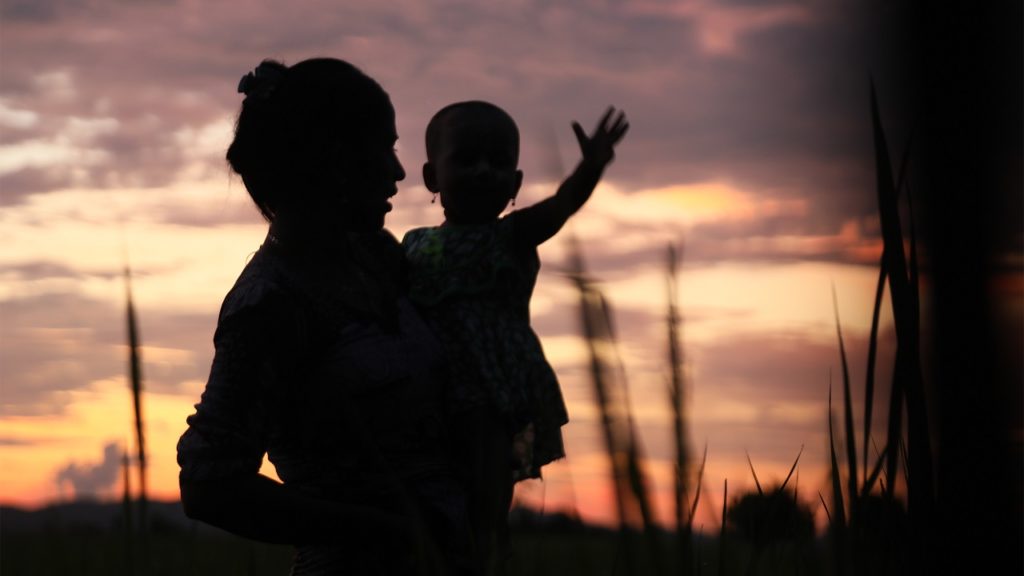
The debate around reproductive rights in the United States has intensified considerably in recent weeks as those who believe access to abortion should be available for those who need it have protested against the impending overturning of the landmark Roe v. Wade legislation. While that remains central within the United States, other countries have remarkably different conversations that may not even allow for the consideration of legal means to terminate dangerous or forced pregnancies. The global healthcare system varies considerably, and in some places, access to basic reproductive needs and care is severely limited. In Myanmar, a prevailing religious group has created a supremacist framework where those within a minority group must seek help from standalone clinics regularly harassed by the population, explored through the powerful and harrowing lens of Midwives.
This documentary introduces the Rakhine State of Myanmar, which includes the Buddhist Rakhine and the Muslim Rohingya. Ongoing conflict has led to brutal persecution of the Rohingya people, including the destruction of villages. Those who have survived are not able to seek medical attention because of their religious and ethnic identity. Hia, a Buddhist, runs a clinic with Nyo Nyo, a Rohingya midwife, who helps to serve a population that has nowhere else to turn and whose health is often placed in unneeded jeopardy due to the lack of resources available and the unwillingness of society to see those unlike them as worthy of human decency.

Midwives is the feature debut of filmmaker Snow Hnin Ei Hlaing, who grew up in Myanmar. After making its world premiere at the Sundance Film Festival in January, the film now arrives at the Human Rights Watch Film Festival. That programming decision feels particularly fitting given that this is a prime humanitarian issue, one in which the conversation starts at such a basic level as compared with the state of things in the United States. The general status of technological development in Myanmar already stunts the caliber of potential care that could be provided, but the outright denial of the right to exist for the Rohingya makes it even more vital that their story is told.
What makes Midwives an immersive experience in addition to a compelling one is that Hia, Nyo Nyo, and those around them speak with unfiltered honesty and pay the camera almost no attention. Some reference in a dehumanizing manner Nyo Nyo’s presence and role at the clinic as if they should be rewarded for risking their livelihoods to even allow a Muslim to treat patients rather than to take a tone of abhorrence for the fact that their culture permits this pervasive separation and erasure of its people.
While their roles are to help those who cannot go anywhere else, that also doesn’t mean that the treatments they prescribe and the advice they offer are received warmly or heeded. Hia in particular becomes angry with patients when they disobey her orders, and the way in which she lashes out indicates a searing frustration that sometimes verges on unkind sentiments and prejudices that have become so deeply embedded within the place that she lives. Her actions speak louder than what is said and expressed in those moments of tension and resentment, and this film champions the notion of seeing people as people, not to be defined by or discriminated against because of their appearance of beliefs. Just as Midwives is a film expressly about two women who work tirelessly to serve a specific community that has been almost entirely abandoned in Myanmar, it has a universal relevance and resonance for subjugated populations and systemic oppression around the world.
Grade: B+
Check out more of Abe Friedtanzer’s articles.
Midwives is screening both digitally and in-person at the Human Rights Watch Film Festival.

